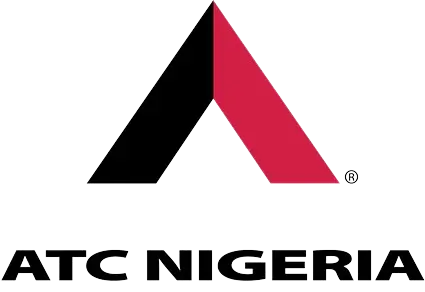In a significant leap for education in Nigeria, telecommunications infrastructure giant ATC Nigeria and global educational-tech nonprofit ProFuturo have joined forces—and enlisted the Kukah Centre—to take definitive steps toward closing the country’s persistent digital divide. This freshly minted collaboration injects a powerful dose of technology into classrooms across multiple states, equipping underserved schools with the hardware, training, and connectivity necessary to deliver modern, quality instruction.
Table of Contents
Bridging Nigeria’s Technology Disparity
Nigeria, Africa’s most populous nation, has long grappled with stark disparities in digital access, particularly pronounced between urban centres and rural areas. According to recent estimates, infrastructural shortcomings, low device ownership, and uneven digital literacy prevent large parts of the population from accessing online resources. This divide hampers not only access to knowledge but also economic development, opportunity, and inclusivity.
Enter the new ATC Nigeria and ProFuturo digital education partnership. With the launch occurring on July 16, 2025, the initiative is set to distribute “digital kits” containing everything needed to host a classroom-level tech learning environment: a computer, tablets, a router, a projector, and other essential peripherals.
This is far more than equipment delivery—it is a strategic intervention designed to foster sustained transformation. The kit distribution is complemented by teacher upskilling, community engagement, and network support—components central to ProFuturo’s globally tested model.
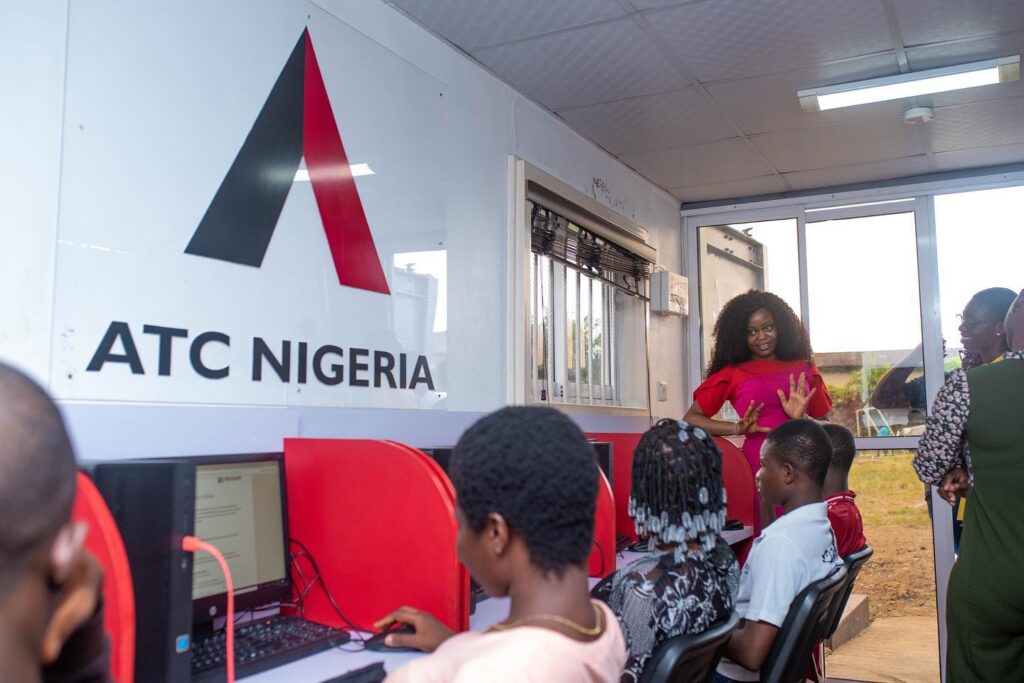
From Turbulence to Transformation
The technology-driven pivot in Nigerian classrooms arrives at a strategic moment. Following the backlash against remote learning limitations during the COVID‑19 pandemic, policymakers and educators nationwide have doubled down on equipping schools for the digital future.
This joint effort—backed by ProFuturo’s 2025 report showing that more than 15,000 teachers have already benefited from its professional development programs in Liberia, Tanzania, and Nigeria—demonstrates a new era of systemic, scalable digital inclusion.
“Our aim is holistic: to embed technology thoughtfully, enabling teachers to leverage interactive tools and foster student-centred learning,” said Magdalena Brier, General Manager of ProFuturo. She emphasised that since ProFuturo began in 2016, it has aimed to elevate classroom experiences, making high-quality digital education accessible even in low-resource environments.
ATC Nigeria’s “Digital Communities” as Platforms of Change
ATC Nigeria is not a newcomer to the field. As a subsidiary of global telecom leader American Tower Corporation, it has built an infrastructure presence spanning over 8,600 tower sites across Nigeria. Through its “Digital Communities” initiative, ATC Nigeria has already established technology-rich hubs offering a blend of digital literacy, vocational training, financial education, and community health services.
The ProFuturo partnership now supercharges these efforts. By rolling out fully-equipped kits to 11 schools across Kano, Kebbi, and Taraba states, the project aims to directly benefit at least 5,600 students and 34 teachers. In areas often overlooked in national digital plans, these schools now stand to become seeds of transformation, showcasing how connected classrooms can thrive.
Voices of Leadership
This partnership reflects strong leadership from both organisations. Pieter Van Der Westhuizen, CEO of ATC Nigeria, framed the intervention as more than infrastructure—it’s about “empowering the next generation with the skills they need to thrive in a digital world.”
Magdalena Brier added that the alliance is a “major step toward improving educational opportunities for the most vulnerable,” signalling a deep sense of purpose in watching students and teachers grow with access to tech-enhanced learning.
These remarks capture the essence of their shared vision: to move from awareness of the digital divide to empowered, inclusive action.
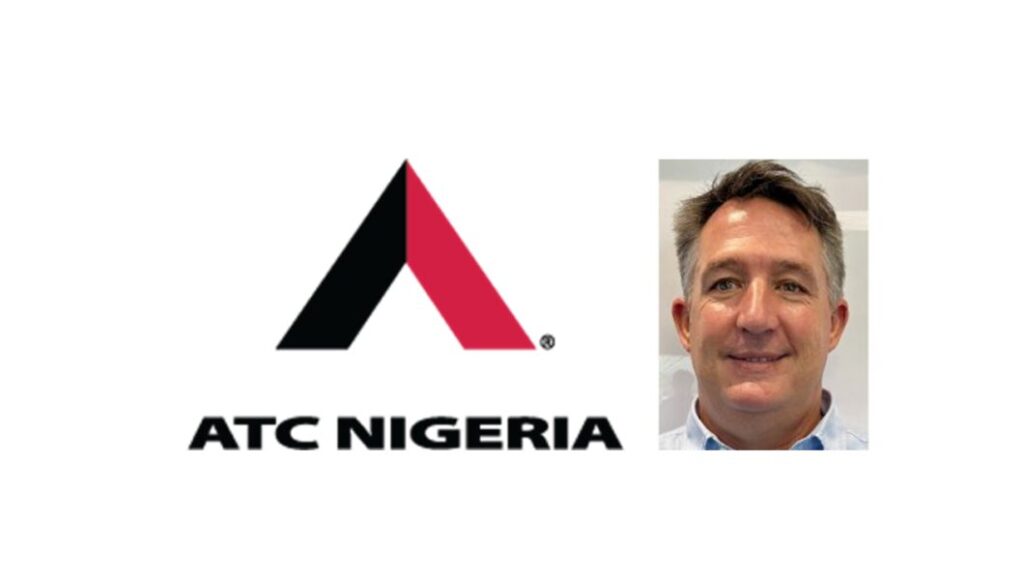
Why It Matters—And What Comes Next
1. Scalable Model for National Impact
This partnership aligns strongly with global digital education imperatives. ProFuturo and ATC Nigeria are not only deploying kits; they’re integrating with school systems, delivering teacher training, and adapting to local needs, making this a replicable pilot for national rollout.
Nigeria’s broader digital ambitions—from government-led programs to donor-backed efforts—gain momentum through initiatives like this, where private-sector infrastructure meets public-sector education strategy.
2. Toward 21st‑Century Skills and Economic Futures
By exposing students to interactive digital lessons, coding platforms, multimedia creation, and online collaborative tools, the initiative directly prepares young Nigerians for a future where digital fluency is table stakes. These competencies align with Nigeria’s 3MTT technical talent strategy, which targets a digital-skilled citizenry by 2027.
3. Narrowing a Deep Divide
The digital gap in Nigeria isn’t just about internet access—it’s about opportunity. With 40% of women illiterate and 50 % of rural dwellers under-connected, ensuring equitable access to digital classrooms combats a cascade of inequalities. Tech-equipped classrooms mean rural learners, especially girls, gain exposure and equity.
4. A Blueprint for Global Collaboration
Education experts applauded ProFuturo’s model. A mid‑2025 assessment by HIGCGI News Agency underscored how digital innovation in Africa thrives when device rollout is paired with teacher training, offline content delivery, and local language support. Nigeria’s implementation aligns with these best practices.
Charting the Road Ahead
While planting seeds is essential, the fruits rely on consistent nurturing, namely, extended teacher support, maintenance of kits, sustained internet connectivity, community involvement, and rigorous impact tracking.
Important next steps include:
- Expanding geographical reach: After initial success in three states, the project could handily extend to urban slums and remote villages, especially in the northeast.
- Investing in sustainability: Long-term success depends on local ownership—teacher-led maintenance, periodic kit refreshes, and volunteer support players.
- Capturing impact through data: Monitoring student engagement, learning outcomes, and teacher confidence over time will guide iterative improvements and support wider funding.
- Deepening ecosystem partnerships: Connecting with Nigeria’s NITDA-led 3MTT framework or other edtech stakeholders could embed digital classrooms in nthe ational strategy.
The Broader Landscape: Digital Learning in Africa
Nigeria isn’t alone in this digital revolution. Across Africa, countries are embracing tech‑powered classrooms:
- Malawi’s BEFIT initiative rolls out digital science and literacy content, blending online and offline delivery modes.
- Kenya, Tanzania, Ghana, and The Gambia are launching teacher development programs and student‑focused digital platforms.
- ProFuturo, active since 2016, continues to support teacher and student cohorts across Liberia, Tanzania, and Nigeria with similar models.
These combined efforts suggest a paradigm shift: African education systems are evolving toward hybrid models that empower teachers with digital tools and elevate student engagement in localised contexts.
A Day in a Connected Classroom
Imagine a primary school in Taraba. Instead of chalk and talk, a room buzzes with students clustered around tablets, exploring interactive lessons in math and science. A projector displays visual content on the whiteboard, while a smart teacher facilitates peer learning, drawing on digital prompts.
Routine maintenance and peer teacher training ensure the hardware remains functional and used with purpose. Community groups contribute, ensuring internet uptime and assisting with device upkeep. Students engage more deeply than ever before and graduate with digital literacy skills fundamental to career readiness.
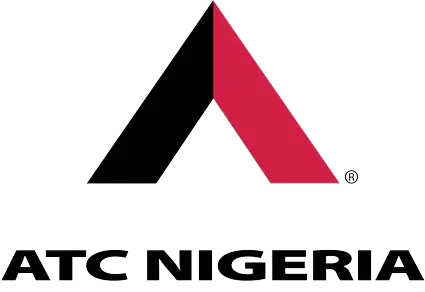
Conclusion: A Convergence of Purpose and Progress
With a strategic focus on teacher training, local adaptation, and iterative scaling, this initiative holds promise—not just for today’s learners, but for a generation that will lead Nigeria’s knowledge economy.
As the kits land in Kano, Kebbi, and Taraba, imagine what’s next: expanded reach, deeper impact, and systemic integration. And, perhaps most importantly, for those communities, a future where the digital divide is no longer destiny—where every child, regardless of zip code, can unlock the same world of information and opportunity.
Join our WhatsApp community
Join Our Social Media Channels:
WhatsApp: NaijaEyes
Facebook: NaijaEyes
Twitter: NaijaEyes
Instagram: NaijaEyes
TikTok: NaijaEyes




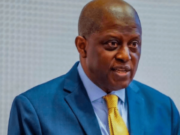









![Mr Macaroni Drops Blistering Remark: ‘APC Filled with Most Corrupt People’ as He Slams Tinubu’s Controversial Pardon for Criminals=]] Mr Macaroni](https://naijaeyesblog.com/wp-content/uploads/2025/03/Mr-Macaroni-1-1-180x135.avif)

![Chaos Erupts in Abuja Hotel as BBNaija Star Phyna Sparks Fierce Scene Over Alleged N200,000 Dispute [VIDEO] Phyna](https://naijaeyesblog.com/wp-content/uploads/2024/11/A-Picture-of-Phyna-BBNaija-180x135.jpg)




















